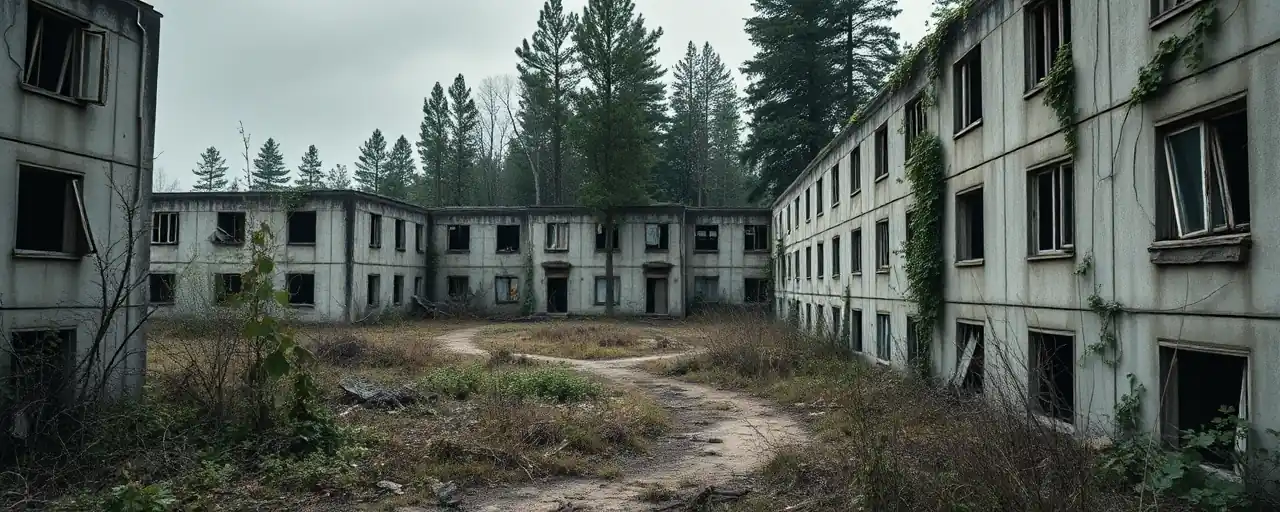A Cry From the Cosmos
On April 8, 2025, two senior enlisted leaders stood before the House Appropriations Committee, their voices trembling with urgency. Chief Master Sgt. John Bentivegna of the Space Force and Chief Master Sgt. David Flosi of the Air Force didn’t mince words. They painted a stark picture of service members stretched thin, not by enemy fire, but by the grinding realities of unaffordable housing, shuttered childcare centers, and spouses trapped in unemployment. This wasn’t a routine budget hearing. It was a desperate plea for the soul of America’s military.
Bentivegna, representing the Guardians who keep our satellites humming and missiles at bay, spoke of an 'invisible front line' that’s buckling under neglect. Flosi, echoing the exhaustion of 670,000 Airmen, described warriors distracted by crumbling dorms and endless childcare waitlists. These aren’t abstract statistics. They’re the human cost of a nation that claims to honor its defenders but leaves them scrambling for scraps. The message was clear: we can’t keep asking these families to sacrifice everything while Congress dithers over dollars.
This testimony hit like a jolt from orbit. It’s not just about readiness, though that’s at stake too. It’s about justice. If we’re serious about defending democracy, we need to start by defending the people who make it possible. Anything less is a betrayal of the values we swear to uphold.
The Weight of Neglect
Let’s talk numbers, because they don’t lie. The Air Force faces a potential $14 billion cut under the Fiscal Responsibility Act’s chokehold, a move that could gut training, maintenance, and yes, the very support systems keeping families afloat. Meanwhile, the Space Force, a lean operation at just 3% of the defense budget, tracks 47,800 orbiting objects and shields us from Iranian missile barrages. Yet Bentivegna revealed a damning truth: his force has limped along under continuing resolutions for over half its existence. That’s not efficiency. That’s abandonment.
Housing’s a mess too. Junior enlisted Airmen and Guardians are getting squeezed by rising rents and a Basic Allowance for Housing that’s playing catch-up, not keeping pace. A Government Accountability Office report laid it bare: outdated assessments and sloppy coordination leave families in the lurch, especially near bases like Naval Air Station Key West, where Airbnb landlords snatch up rentals faster than service members can sign leases. And childcare? Wait times stretch up to 18 months at some bases, with costs gobbling 15.4% of family incomes. That’s not a glitch. It’s a systemic failure.
Flosi dropped another bombshell. The Air Force has slashed 60% of its fighter squadrons and 40% of its personnel since the Cold War, yet 30% of its bases sit there, rotting, sucking up funds that could fix dorms or hire childcare workers. Divesting these relics offers a 10-to-1 return, he said. So why are we still clinging to them? It’s not strategy. It’s inertia, and it’s bleeding our military dry.
Spouses aren’t faring better. With a 21% unemployment rate, five times the national average, military spouses are caught in a vise of frequent moves and licensing nightmares. The Military Spouse Employment Partnership has made strides, linking 275,000 to jobs since 2011, but it’s a drop in the bucket against a $1 billion annual economic hit. These families aren’t asking for handouts. They’re asking for a fair shot, something we’ve denied them for too long.
Some argue we can’t afford these fixes, pointing to the $850 billion defense budget like it’s a sacred cow. But that’s a dodge. If we can bankroll shiny new drones, we can damn well house the people flying them. Prioritizing hardware over humans isn’t fiscal responsibility. It’s moral cowardice.
A Future Worth Fighting For
Bentivegna’s vision for the Space Force isn’t just about satellites. It’s about people. His call to 'Elevate the Journey' and 'Cultivate the Warfighter' demands world-class training and livable conditions for Guardians. Flosi’s push to reinvest infrastructure savings into Airmen echoes decades of lessons we’ve failed to learn. After Vietnam, budget cuts left morale in tatters. Post-Cold War base closures saved billions, but we didn’t funnel enough back into families. History’s screaming at us: invest in people, or watch readiness collapse.
This isn’t pie-in-the-sky idealism. It’s practical. Happy, stable families mean focused, lethal forces. The Military Child Care Act of 1989 set a gold standard for safety, but capacity’s lagged ever since. The Army Family Covenant of 2007 promised better, only to falter under war’s weight. We’ve got the blueprints. What we lack is the will to fund them.
The committee’s bipartisan nods are a start, but platitudes won’t cut it. Congress needs to act, and fast. Boost housing allowances beyond a measly 5.4%. Slash waitlists with real childcare staffing. Free up spouses to work without red tape strangling them. And for God’s sake, tear down those useless bases. The return’s there. The need’s there. What’s missing is guts.
No More Excuses
Bentivegna and Flosi didn’t come to Washington to beg. They came to demand what’s owed. Our Guardians and Airmen hold the line against chaos, from Houthi attacks to natural disasters. They don’t flinch. But they’re human, not machines. When we skimp on their homes, their kids’ care, their spouses’ futures, we’re not just undermining morale. We’re undermining the nation they protect.
This is our moment. The defense budget’s up for grabs, and the choice is stark: keep pouring cash into Cold War ghosts, or build a force that’s ready, supported, and valued. Bentivegna said it best: the rewards of service are priceless, but only if we match them with real investment. Let’s stop treating our military families like afterthoughts. They’re the backbone of our freedom. It’s time we acted like it.
